One of the important factors in any websites is the speed and loading time, There are hundreds articles about speed up website which you can find over the internet by a simple search in google, but most of them aren’t complete and may breaks your website design due to recommending bad minifying and caching plugins. In this article we decided to explain you how you can speed up your website step by step including some free plugins.
Why you should speed up your website?
- Search engines like Google likes fast websites and faster websites have higher rank thank slow loading websites in search results.
- Studies have shown that website loading speed of more than 2 seconds usually results in about 47 percent of visitors bouncing off the website. So it’s important to have faster loading speed.
- Online buyers will left your website if they wait more than a few seconds for your site to load because usually buyers are impatient. So loading speed is important for online stores.
How to test the loading time of your website?
There are dozens of free and paid online websites on the internet that provides website speed test tools. Keep in mind testing website speed is different page to page and you need to test all of your important website pages but home page is important than others. Here some of good online websites for speed test:
Testing website home page is recommended to see how many requests your site have, page size, server caching, assets, number of images and fonts, inline or external scripts, etc.
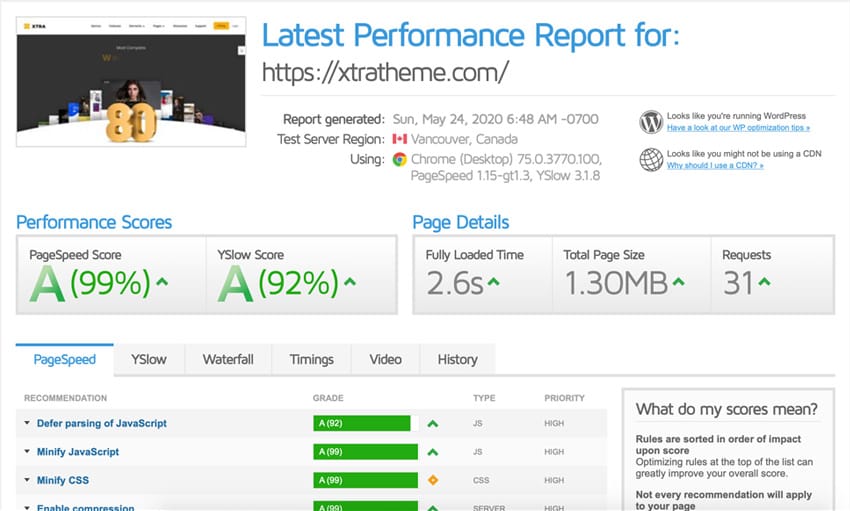
Page speed score is the average of some factors which is recommendation section you can see. Any part have its description and its important for your site to get full score for each parts.
Important factors to get best page speed score
- Choose a better web hosting provider
- Use a lightweight WordPress theme
- Use less images and Reduce image sizes
- Use lazy load feature for images
- Minify JS and CSS files and HTML output
- Use advanced caching system with a caching plugin
- Use a good CDN server
- Enable GZIP compression on your server
- Cleanup WordPress database
- Install less plugins or Deactivate or uninstall unused plugins
- Disable PingBacks and Trackbacks
- …
Web hosting provider
Choosing the right hosting for your WordPress website is very important. Your website’s health will rely on the hosting provider your use.. According to Google, the optimal server response time is 200 ms. Anything slower and sites will start feeling sluggish. So be careful before buying any web hosting and check all the factors such as Uptime, Speed, Security and Customer support.
Lightweight WordPress Theme
XTRA WordPress theme is one of the best lightweight themes on the market with over 80 demos, most of the CSS styles dynamically generated and it means there is no high default CSS styles in the files. You can test all of XTRA demos via GTMetrix to see the performance scores.
Lazyload and images size
It’s important to use less images on your website to reduce page size and load time, but if you want to use more images in one page, lazyload feature will required for your website for reduce server requests in first load. Lazyload will help your website to stop loading images on first load and by scrolling page each image in the viewport will start loading one by one. Also using image optimizer plugins such as EWWW Image Optimizer will really help your site to load faster.
Minify JS and CSS files
Minifying CSS and JS files means compressing all files into one file for faster load. Now days themes and websites are not optimized by default and they are loading dozens CSS and JS files. If you check your site via GTMetrix you will see there are a lot of requests to your server. Usually CSS and JS files are not minified for faster load in themes, So its required for any website owner to use minifying plugins. Our recommendation for minifying your site assets is Autoptimize because it allow you to minify CSS, JS and even HTML output of your website. All of online website testers will check your website assets, so if you use minifying plugins you will get better scores.
Use caching plugins
What’s cache plugin? Caching is the process of storing frequently accessed data as HTML file temporarily in a cache. Caching is a complex technology that does one simple thing really well: it makes your website really fast. And speed is critical to the success of your site because people don’t like waiting around for web pages to load. We recommend you to use WP Super Cache to speed up your website.
Use a CDN
A content delivery network (CDN) refers to a geographically distributed group of servers which work together to provide fast delivery of Internet content. If you want to see benefits of CDN, Please see this Cloudflare article.
Enable GZIP compression on your server
Gzip is a method of compressing files (making them smaller) for faster network transfers. Enabling gzip compression is a standard practice. If you are not using it for some reason, your webpages are likely slower than your competitors.
Enable compression via .htaccess:
<ifModule mod_gzip.c>
mod_gzip_on Yes
mod_gzip_dechunk Yes
mod_gzip_item_include file .(html?|txt|css|js|php|pl)$
mod_gzip_item_include handler ^cgi-script$
mod_gzip_item_include mime ^text/.*
mod_gzip_item_include mime ^application/x-javascript.*
mod_gzip_item_exclude mime ^image/.*
mod_gzip_item_exclude rspheader ^Content-Encoding:.*gzip.*
</ifModule>Save the .htaccess file and then refresh your webpage. Or enable compression on Apache webservers:
AddOutputFilterByType DEFLATE text/plain
AddOutputFilterByType DEFLATE text/html
AddOutputFilterByType DEFLATE text/xml
AddOutputFilterByType DEFLATE text/css
AddOutputFilterByType DEFLATE application/xml
AddOutputFilterByType DEFLATE application/xhtml+xml
AddOutputFilterByType DEFLATE application/rss+xml
AddOutputFilterByType DEFLATE application/javascript
AddOutputFilterByType DEFLATE application/x-javascriptOr enable compression on NGINX webservers:
gzip on;
gzip_comp_level 2;
gzip_http_version 1.0;
gzip_proxied any;
gzip_min_length 1100;
gzip_buffers 16 8k;
gzip_types text/plain text/html text/css application/x-javascript text/xml application/xml application/xml+rss text/javascript;
# Disable for IE < 6 because there are some known problems
gzip_disable "MSIE [1-6].(?!.*SV1)";
# Add a vary header for downstream proxies to avoid sending cached gzipped files to IE6
gzip_vary on;Finally after adding enabling Gzip compression on your site, test again your site with GTMetrix.
Cleanup WordPress database
Deleting spam comments, posts revisions, unused tags and categories, fake users and old drafts from your database will help to speed up your site. Deleting unwanted data from your database will keep its size to a minimum and also helps in reducing the size of your backups. All of this will reduce the size of your databases and web files, and thus speed up WordPress. You can install and use Advanced Database Cleaner to do it.
Deactivate or uninstall unwanted plugins
If you are one of those people who like to install a lot of plugins, there is bad news for you, most of plugins will load extra CSS and JS files and its bad for your website because they will decrease your website loading time and speed and also performance. Also when you use lots of plugins, your website security is more at risk. So, check all of you plugins and as possible delete unwanted plugins.
Disable PingBacks and Trackbacks
Pingbacks and trackbacks are link notifications that enable you to keep track of when other sites link to your content. When these notifications are enabled, they appear in the comments section of your posts. To enable or disable pingbacks and trackbacks, follow these steps:
- Log in to WordPress as the administrator.
- In the left pane of the dashboard, click Settings, and then click Discussion.
- In the Default article settings section
- To enable pingbacks and trackbacks, select the Allow link notifications from other blogs (pingbacks and trackbacks) check box.
- To disable pingbacks and trackbacks, clear the Allow link notifications from other blogs (pingbacks and trackbacks) check box.
- Click Save Changes
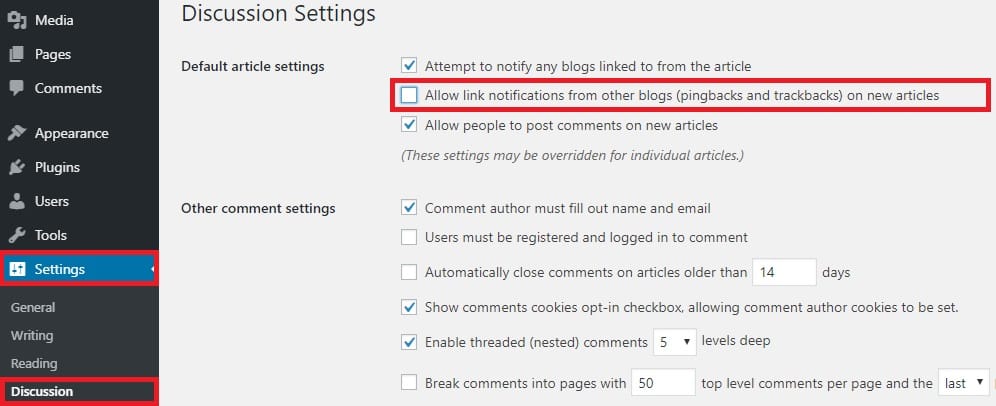
Conclusion
Speed up is important factor to have more and more visitors, Speed up website will make search engines loves your website and you will get more rank in search results. Your server also will get less requests and less resources usage. If you think we can add anything helpful to this article please contact us, We will glad to provide more information about speed up website to all website owners.

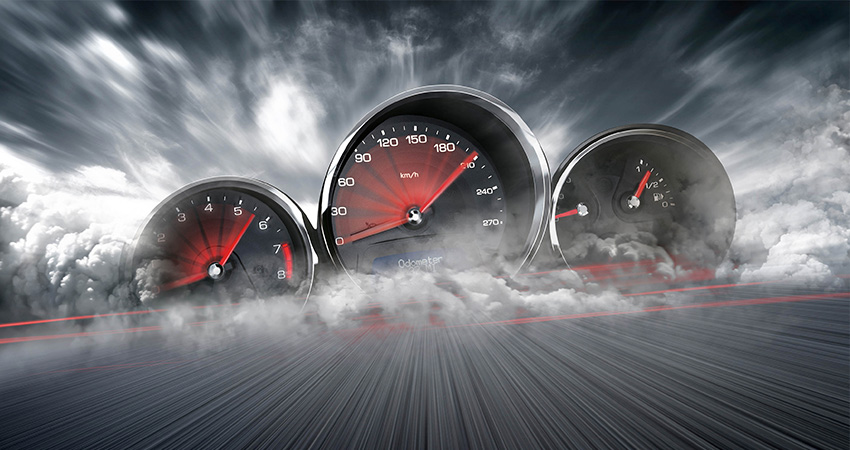
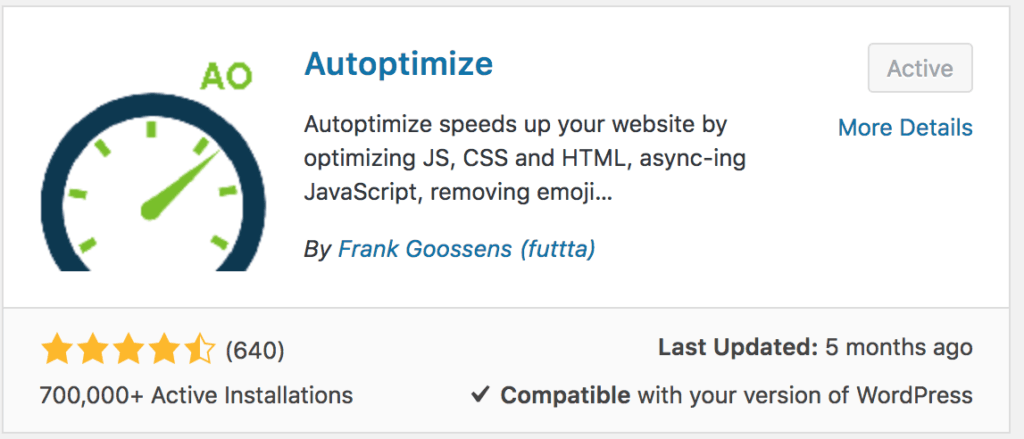
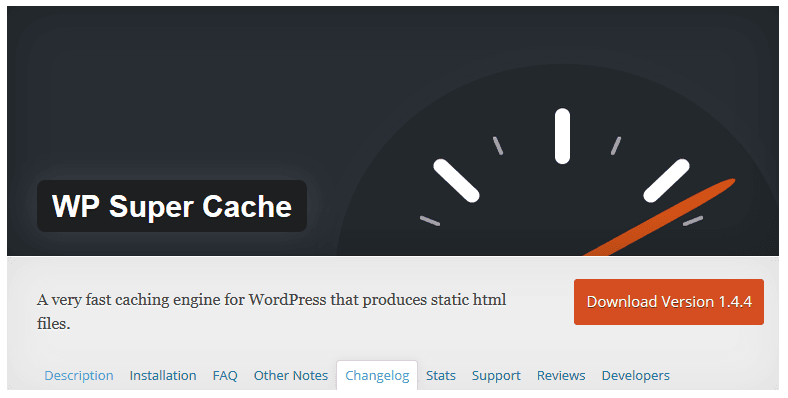

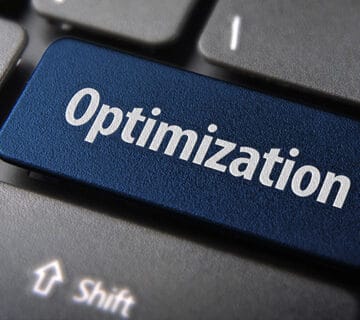
No comment